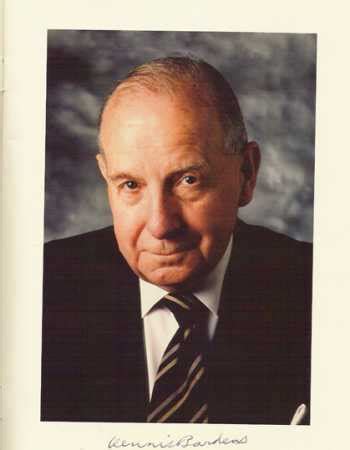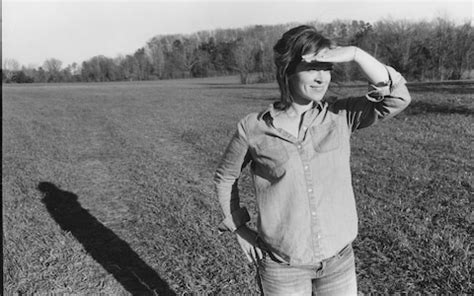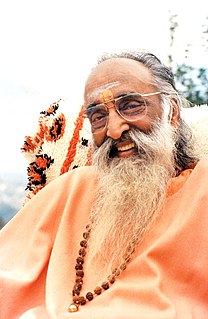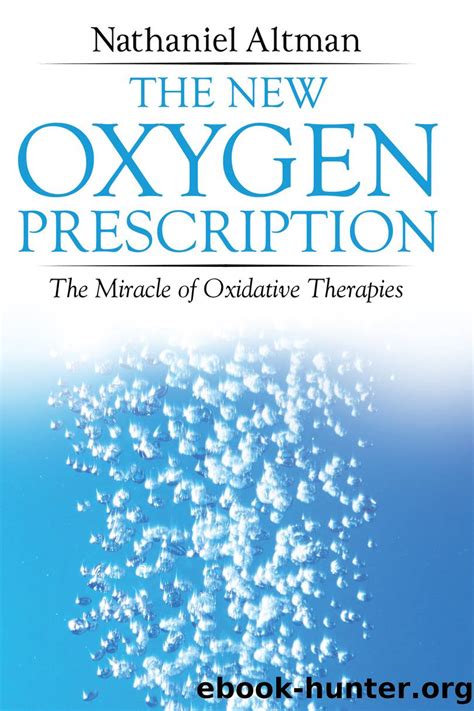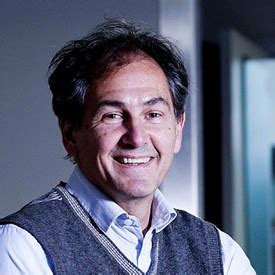A Quote by Albert Einstein
Though our conduct seems so very different from that of the higher animals, the primary instincts are much alike in them and in us.
Related Quotes
There was an idea that God created man different from other animals, because man was rational and animals had drives and instincts. That idea of a rational man that was specially created went out the window when Darwin showed that we evolved from animal ancestors, that we have instincts, much as do animals, and that our instincts are very important. It was a much more sophisticated, nuanced, and rich view of the human mind.
I think the primary gift of the animal is offered to writer and non-writer alike; they teach us about love, or attunement, which is love in action. A lot of people have closer relationships with animals than they do with other humans, because real intimacy requires both parties to consistently lean in, and animals are so good at this. They remain consistently, amazingly attuned to us, even when we fail them, and so we stay present, because we sense we're safe.
Humans — who enslave, castrate, experiment on, and fillet other animals — have had an understandable penchant for pretending animals do not feel pain. A sharp distinction between humans and 'animals' is essential if we are to bend them to our will, make them work for us, wear them, eat them — without any disquieting tinges of guilt or regret. It is unseemly of us, who often behave so unfeelingly toward other animals, to contend that only humans can suffer. The behavior of other animals renders such pretensions specious. They are just too much like us.
Presently we have to train our unconscious to function better. Then we can depend upon our instincts, that will be noble instincts. At this moment, our instincts are very impure. When we have practiced for a long time, living the higher values of life and following the instructions of great masters or the Scriptures, that is when you have trained your unconscious. Then when a situation comes, you can to an extent, depend on your inner voice.
Fundamentally, as human beings, we're very, very alike and a lot more alike than we think, but we have a tendency to divide the world into them and us. In prison, when people commit a crime and we put them away, they definitely become "them." We don't want to deal with it because they have chosen to step out of society, so we're going to keep them out. Even if they serve their time, we're going to make sure that, for the rest of their lives, they're going to be branded. I don't know how to do it in a different way, but I think it clearly doesn't work.
We believe we're seeing, in other animals, a process, or an attribute, that isn't fundamentally different from what we see in humans, so it seems to us to be spurious to call them different things. Now there are aspects of human culture that we don't find in animals, and that's really interesting, but there are also probably aspects of animal cultures that we don't find in humans, and that's really interesting.
An infinity of these tiny animals defoliate our plants, our trees, our fruits... they attack our houses, our fabrics, our furniture, our clothing, our furs ... He who in studying all the different species of insects that are injurious to us, would seek means of preventing them from harming us, would seek to cause them to perish, proposes for his goal important tasks indeed.
From the oyster to the eagle, from the swine to the tiger, all animals are to be found in men and each of them exists in some man, sometimes several at the time. Animals are nothing but the portrayal of our virtues and vices made manifest to our eyes, the visible reflections of our souls. God displays them to us to give us food for thought.
Although other animals cannot reason nor speak the way humans do, this does not give us the right to do with them as we like. Even though our supposed possession of a soul and superior intelligence are used to create an arbitrary dividing line over rights, the fact remains that all animals have the capacity to experience pain and suffering, and in suffering they are our equals.
Humans like to think of themselves as unusual. We've got big brains that make it possible for us to think, and we think that we have free will and that our behavior can't be described by some mechanistic set of theorems or ideas. But even in terms of much of our behavior, we really aren't very different from other animals.
People must have renounced, it seems to me, all natural intelligence to dare to advance that animals are but animated machines.... It appears to me, besides, that such people can never have observed with attention the character of animals, not to have distinguished among them the different voices of need, of suffering, of joy, of pain, of love, of anger, and of all their affections. It would be very strange that they should express so well what they could not feel.
We humans are in such a strange position—we are still animals whose behavior reflects that of our ancestors, yet we are unique—unlike any other animal on earth. Our distinctiveness separates us and makes it easy to forget where we came from. Perhaps dogs help us remember the depth of our roots, reminding us—the animals at the other end of the leash—that we may be special, but we are not alone. No wonder we call them our best friends.


